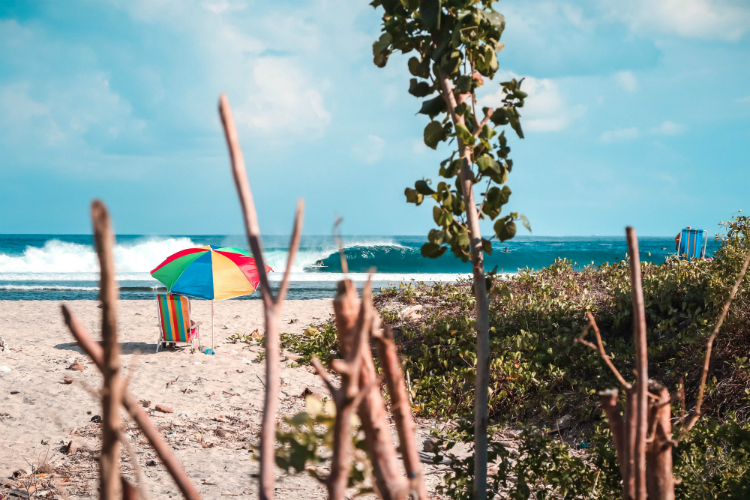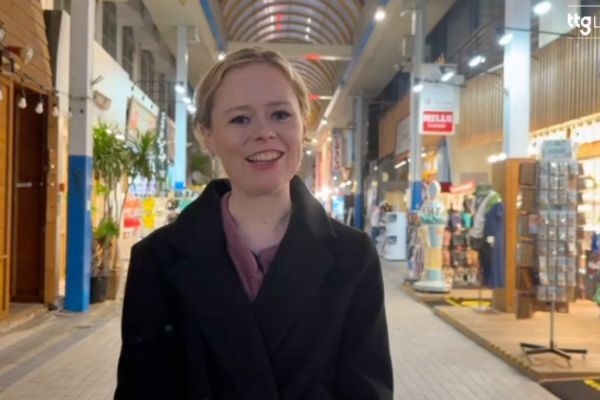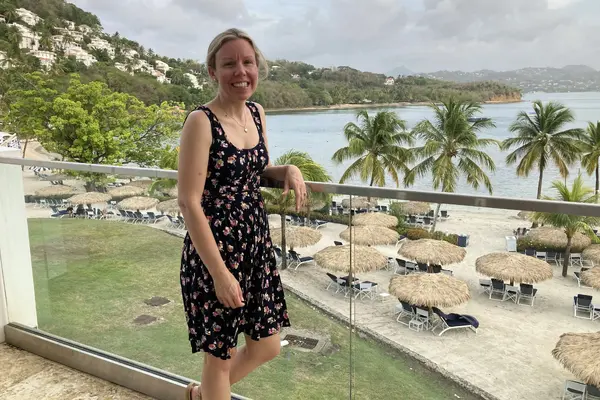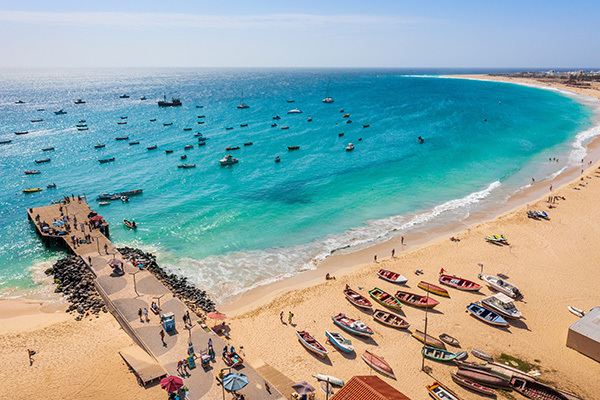Lombok earthquake: Foreign Office extends Brit travel warning
 James Chapple
James ChappleThe Foreign Office (FCO) has stepped up its warning to Brits in and around the Indonesian island of Lombok, or those considering travel there, following Sunday’s deadly earthquake (August 5).
Thousands of tourists have been evacuated from the tourist island following the 6.9 magnitude quake, the second major earthquake to hit Lombok in a week after the magnitude 6.2 tremor on July 31.
Nearly 100 people are understood to have died following the latest seismic activity on the notoriously earthquake-prone Pacific Ring of Fire.
The effects were felt as far and wide as Bali, some 100 to 150 miles west of Lombok, during a series of aftershocks.
Search and rescue teams have so far evacuated nearly 3,000 tourists, according to TTG Asia, but there are still understood to be hundreds seeking to leave the island.
The earthquake struck Lombok’s northernmost tip, stranding many on the nearby Gili Islands.
A tsunami warning in the area has since been lifted, but local authorities have warned further aftershocks are likely.
While water and electricity supplies to some towns and villages have been cut off, Lombok and Bali airports are operating as normal to assist evacuation efforts.
In an update issued late on Monday evening (August 6), the FCO upgraded its warning to British travellers, advising against “all but essential travel” to the Gili Islands.
“Following the 6.9 magnitude earthquake in the region on August5, there is a risk of aftershocks, which could cause further damage to buildings and pose risks to safety,” said the FCO.
“In the event of serious injury, access to immediate medical assistance on the islands is extremely limited. The Indonesian authorities are working to assist people to leave the Gili Islands via boat to Lombok should they wish to do so.”
Travellers are urged to exercise caution, monitor local media, consult with their travel provider, hotel or guesthouse and follow the advice of local authorities.
Anyone planning to travel to Bali or Lombok in the coming days should “keep their travel plans under close review” and seek advice from transport and accommodation providers before travelling, as well as devising contingency plans and ensuring they have ample travel insurance.
Sign up for weekday travel news and analysis straight to your inbox

James Chapple
Supplier Directory
Find contacts for 260+ travel suppliers. Type name, company or destination.

















